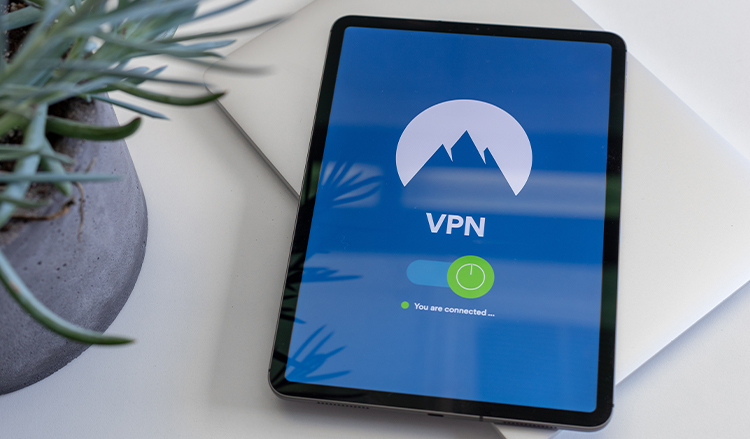
What is a VPN?.
Simply put, a Virtual Private Network (VPN) is a connection, usually encrypted,
over the internet from one device to another. A VPN establishes a private and
protected network connection when using public connections to disguise your
identity. They achieve this by masking your devices’ IP address to make your
online actions untraceable. Using a VPN is highly recommended when using public
Wi-Fi found in places such cafeterias, restaurants, airports and other public
places with free internet connection.
Why do I need to use a VPN?
Nobody wants to be tracked of their online actions
even when they have nothing to hide. There is a high probability of being
tracked when using an uncensored internet connection especially with public
connections. That’s why you need to improve your online privacy. Using a VPN is
one of the most secure way to offer data privacy when surfing the internet.
Whether you are doing online transactions, internet banking, online gaming, browsing through social media sites or online
learning you need privacy of your information and that’s where VPNs come in. Browsing the internet with unsecured internet means
you could be exposing critical information to cyber-crime attacks and
unauthorized access. Therefore, if online security matters to you, you should
consider using a VPN among other cyber security essentials either for business or personal use.
How do VPNs Work?
As indicated earlier a VPN hides your device’s IP
address by creating a private network through a specially configured remote
server operated by the VPN host. Therefore, when you browse the internet using
a VPN, the VPN server becomes your data source. This way, your Internet Service
Provider (ISP) or unauthorized users cannot track your online actions.
What can a VPN obscure?
The following are some of critical information a VPN
can hide.
Your IP address and location
There are many service providers who offer services
through online subscriptions and viewership. The most common of these are
online streaming services for sports. You might find that these services are
only offered in certain countries or geographical locations. Reasons for such
restrictions could be regulations in other countries or contractual terms. Using
a VPN could overcome this challenge by selecting a VPN in your home country and
continue enjoying your subscription service.
Web activity
There are many reasons you could be a candidate for
online surveillance either by your government, malicious people or your
Internet Service provider. Either way, A VPN could help you in staying
anonymous. A VPN would cushion you when the government asks your ISP for
browsing history, or attackers try to intercept your internet connection.
Your browsing history
Without a VPN protection, your browser keeps track of
every site you visit and so does your ISP. Web browsers can track your search
history and bind that information with your ISP. Consequently, you start
receiving ads related to your search criteria. If you don’t intent anyone
knowing about your search history you need to consider having a VPN.
